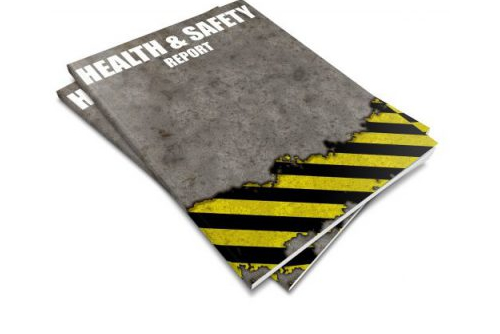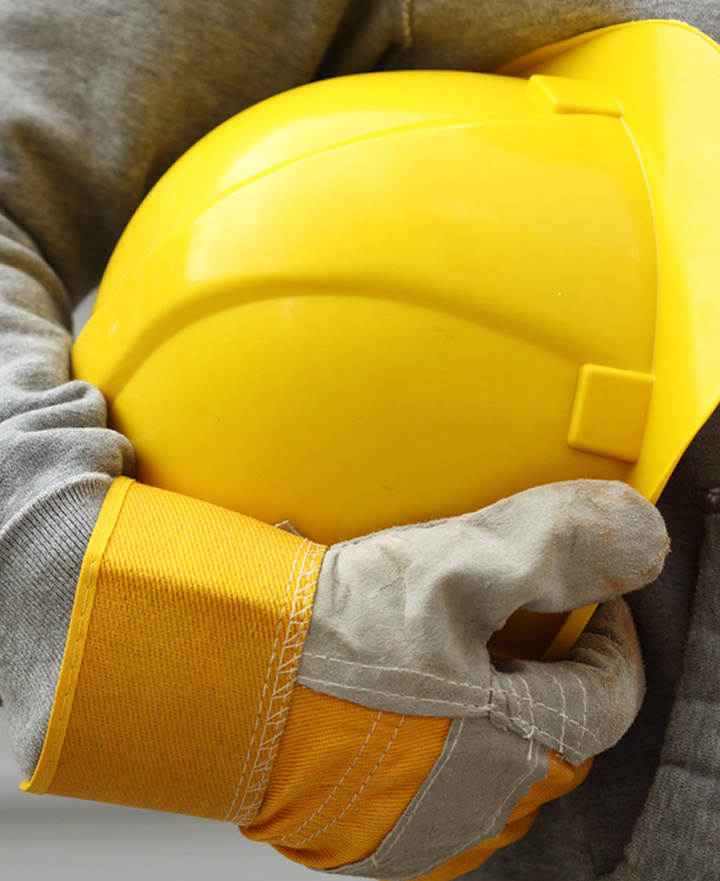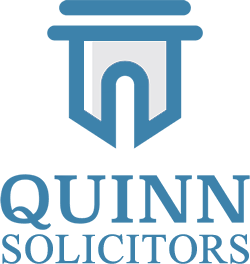If you are unfortunate enough to have an accident at work, and have been injured as a result of this accident, you maybe entitled to claim compensation for your injuries, provided the accident at work was not your fault.
There are certain steps that are important to be followed after you have an accident at work and these are set out below.
The employer is under a strict legal duty to provide you with a safe place of work, a safe system of work and co-employees who are correctly trained in their field of employment. The employer is also under a duty to provide proper equipment with which to perform the tasks assigned. In addition, there are also strict obligations on employers under the Health and Safety legislation and other legislation in this area.

Work place accidents are a common source of injury and often result in claims for personal injuries. The accident may occur in any type of work environment for example in offices or building sites, farms, warehouses or factories.
Proving liability
Accidents occur all of the time but that does not mean that a successful claim for personal injuries can be made by the injured party. For this to arise the claimant must establish that there was negligence or fault on the part of some party other than himself.
This negligence or fault is usually with the employer or a third party for example: a sub-contractor of the employer. Where there is some blame on the part of the claimant, then in such circumstances the responsibility for the accident will be apportioned as between the claimant himself and the other party. This is called contributory negligence and arises in circumstances where the claimant is partially responsible for the accident and consequently the injury that flows from the accident.
Employer’s liability for accidents arises usually as a breach of one of the Common Law Duties that are imposed upon any employer in the jurisdiction in Ireland.
The duties upon the employer can be broadly defined as follows:
The duty to provide a safe place of work
Where the work environment is unsafe or hazard in the way of the employee and an accident results then the employee is entitled to claim for compensation for the injury that results.
Safe employees with which to work
The Employer is required to give proper and adequate training to all employees so that they can perform the task assigned to them in a safe manner and thus not injuring a fellow employee. For example where a driver of a forklift is not properly trained by the employer to perform this task and an injury results to a fellow employee, that employee can bring a personal injuries action against the employer and claim compensation for his injuries.
Safe equipment
The employer is under a duty to provide proper equipment for the employers to perform the task required. In addition, the employer is under a duty to maintain this equipment in a good and workmanlike manner and if the employer fails to do so and an injury results then the employee is entitled to bring a claim for personal injuries.
Duty to provide a safe system of work
The employer is not entitled to implement a system of work which is dangerous to the health and safety of his employees and where a poor system of work is required to be carried out by the employees and an accident results then, in such circumstances the employee is entitled to bring a claim for personal injuries.
For example where employee drivers are required to either drive for excessive hours without necessary breaks. If an injury results from this poor system of work then the employee is entitled to claim compensation from the employer for the injury.

10 Steps to take following an accident at work
Report the accident
Report the accident immediately to your employer and do your best to ensure that an accident report form is completed.
Seek medical attention
Seek medical attention as soon as possible after the accident at work and always try to ensure that details are recorded by your doctor or at hospital of the accident. Always try to be as accurate as possible in giving details as to how the accident happened. This is important as medical records of your first attendance after the accident at work are often requested by the defendants and it is important to ensure that the accident and how it happened is described properly together with all symptoms arising from the accident at work.
Where a delay occurs between the accident at work and the first attendance at hospital or your GP, this can often be used by the defendants to allege that you were not really seriously injured in the accident in the first place. Accordingly, it is important that you attend for medical treatment as soon as possible after the accident at work has happened.
Record loss of earnings
As a general rule, your employer is not obliged to pay you whilst you are out of work even if the accident was caused by the fault or negligence of your employer. However, any loss of earnings incurred can be recovered at a later stage as part of your insurance claim for compensation arising from your accident at work.
Get your solicitor involved early on
Do not discuss details of your accident at work with your employer or his insurance company without seeking legal advice first or having your solicitor present.
It is also equally important that you do not discuss how the accident at work happened or other details with your employers insurance company without having sought advice from your solicitor.
Your solicitor is employed by you to protect your interests and the insurance company or indeed your employer is not always motivated to act in your best interests where an accident at work has happened.
Keep a diary
Get & keep witness details
Get photographic evidence
Do not admit liability
Get expert legal advice
Get your claim assessed
The first step is to see if you have a claim contact us for an assessment on 01-6266477.
Found Quinn to be extremely helpful, and honest and laid out my case from the get go. It was a personal injury claim which we ended up settling very quickly. I could not speak more highly of them.
Excellent and fast, super helpful, thank you very much!
Friendly Staff Helpful People. Assisting People in hard times.
Examples of accidents at work*
- Falls from a heights such as scaffolding, stairs or ladders.
- Slips, trips and falls on surfaces where slippery/wet surfaces are not seen or expected.
- Expose to dangerous or chemical substances without proper protective equipment and clothing.
- Accidents involving machinery which was faulty or inadequately serviced.
- Accidents involving lifting heavy objects and general manual handling, especially where training was poor or non-existent.
What are the Legal Time Limits?
The statute of limitations are the legal time limits on how long you have to make a claim — these vary depending on the situation. The general rule for most personal injury cases is that the person has two years from the date of the accident or date of knowledge of the accident to make a claim for compensation. Contacting a solicitor to discuss your case will help you in determining how long you have left to make a claim.
Quinn Solicitors is an established firm of Solicitors based in Ballyfermot, Dublin 10. A large proportion of our work is personal injuries litigation. The firm was established in 1998.

BRENDAN QUINN
PRINCIPAL & FOUNDER

SONYA HENEGHAN
SOLICITOR

VALERIE KIRWAN
SOLICITOR
